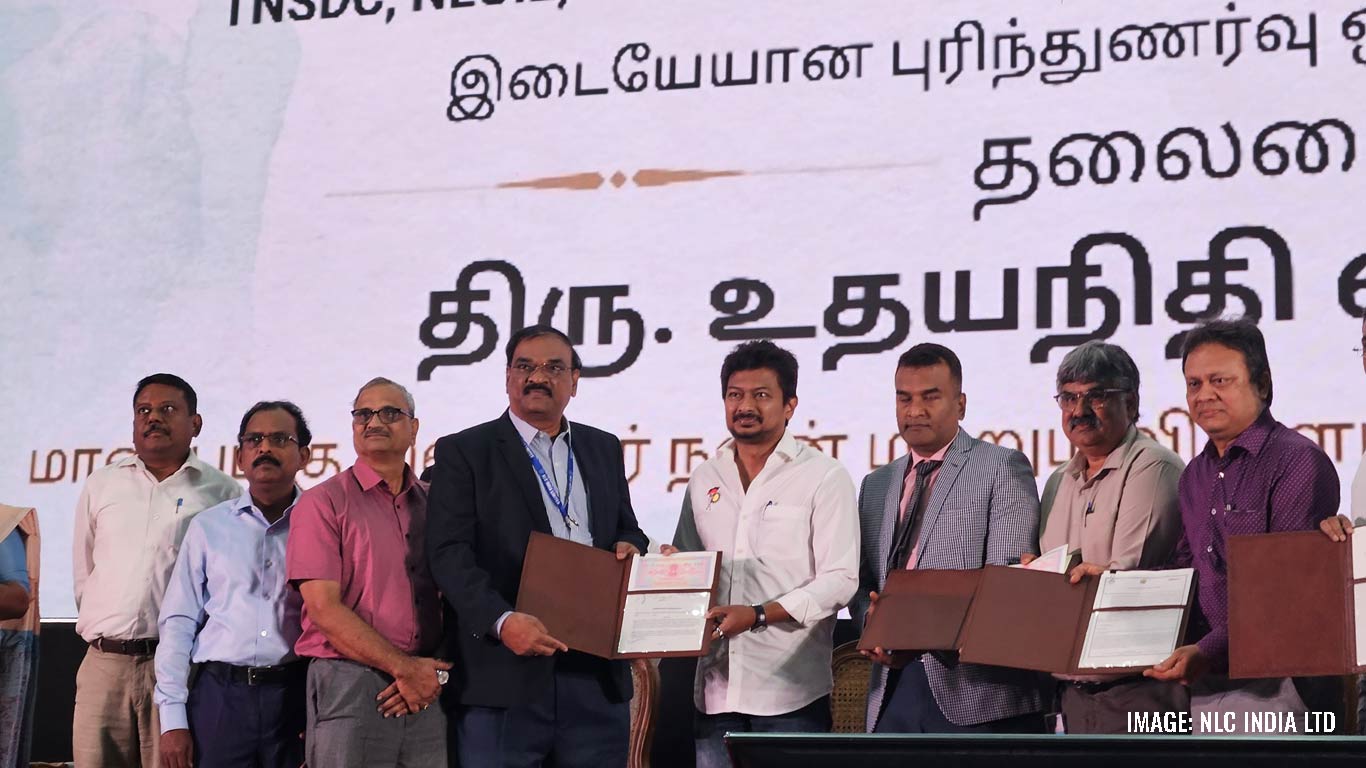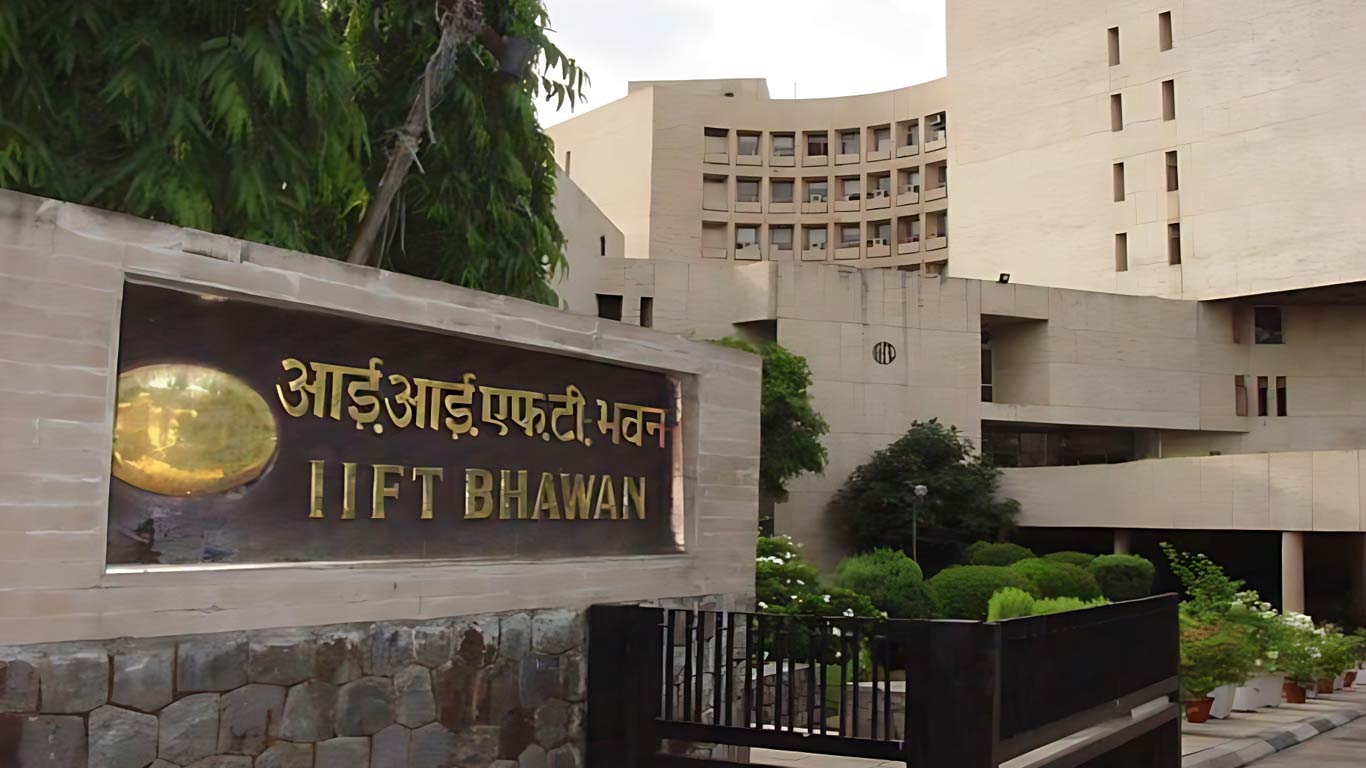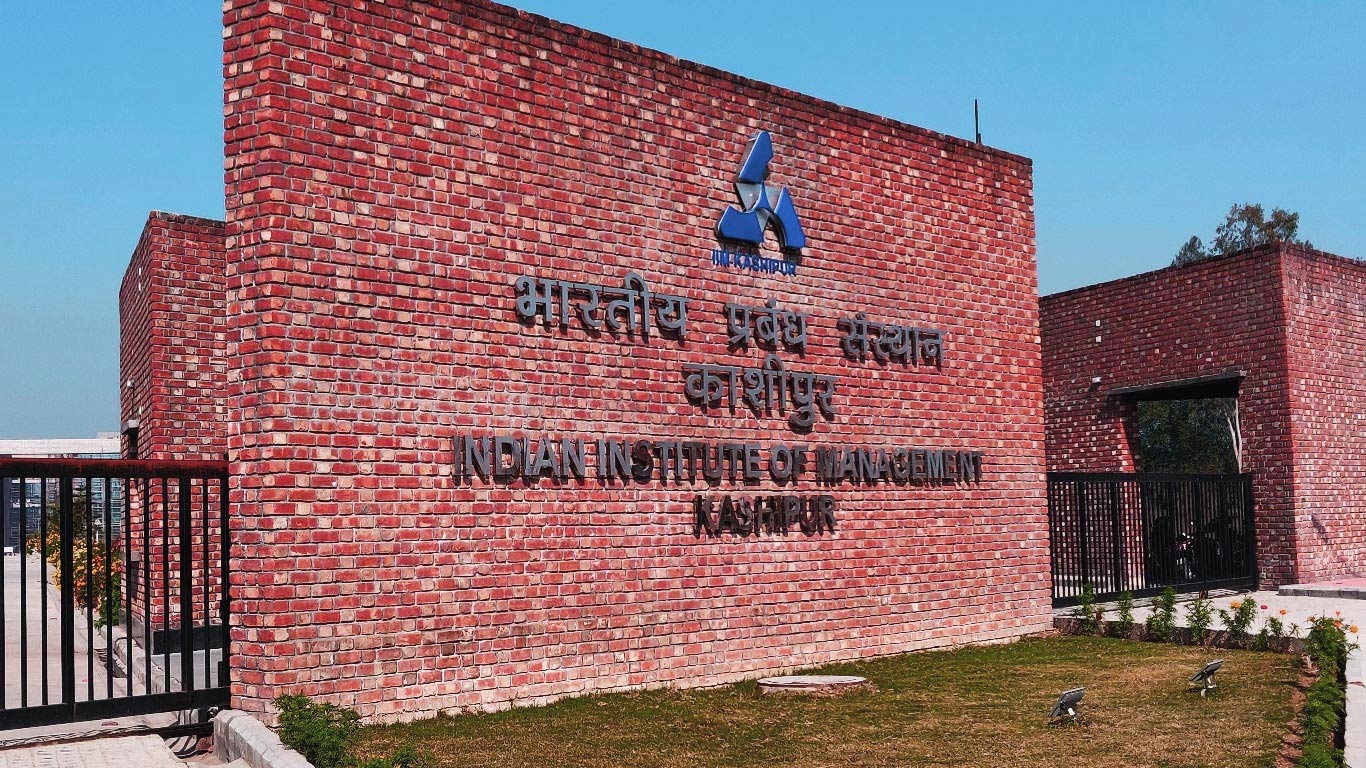Rising temperature impact worker productivity and absenteeism: Report
Updated: Sep 11, 2018 08:40:49am

Rising temperature impact worker productivity and absenteeism: Report
New Delhi, Sept 11 (KNN) In India, workers’ productivity decline by as much as 4 percent for every 1 degree increase in temperature above 27 degree Celsius (80.6° F), according to a study report.
The report analyzed that as temperature rises above 27° Celsius, productivity declines in settings where manual labor is important. For the hotter regions of Delhi and Gujarat, productivity declines by as much as 4 percent per degree.
The study report titled ‘The Impact of Temperature on Productivity and Labor Supply: Evidence from Indian Manufacturing’ prepared by Energy Policy Institute at the University of Chicago (EPIC) found that in the milder climate of South and Central India, productivity declines by about 2 percent per degree Celsius.
Importantly, productivity in the highly automated steel industry does not drop on hot days, it pointed.
The report was prepared using data from India, the third largest economy in the world. The data was collected from individual workers as well as factories, spanning labor-intensive and highly automated manufacturing processes to study the impact of temperature on worker productivity and absenteeism.
When temperatures rise above 27° Celsius (80.6° F), a 1° increase in the ten-day average raises the probability of garment workers being absent by 5 percent and increased the number of shift absences in the steel plant by 1 percent, said report.
In the case of cloth-weaving workers, who are paid only for the time they are at work, there is little change in absenteeism. This might be because their costs of missing one day are higher than for salaried workers, it added.
Increased absenteeism may occur because exposure to sustained heat inside and outside the workplace could induce fatigue or illness. This should affect workers in automated and manual workplace settings alike, as the study confirms.
Further, it pointed that to beat the heat, installing air conditioning or other climate control measures in the workplace mitigates productivity declines but not absenteeism.
The output value of factories in India falls during hot years. The decrease in worker productivity and increase in absenteeism during hot weather is mirrored in declines in the value of output from manufacturing plants.
According to the findings of report, the value of output falls by about 3%, when the average daily high temperature over the year rises by 1 degree Celsius. These declines are most prominent in labor-intensive firms employing many workers.
To avoid temperature-related losses, air-conditioning appeared to be an instant solution. However, smaller industries are most vulnerable to temperature rise, as they cannot afford air-conditioning.
“Because human physiology is the same whether you live in India, the United States or anywhere else in the world, the connection between hot temperatures and lower productivity has fundamental implications for how we should think about the costs of climate change going forward”, said Anant Sudarshan, South-Asia Director, EPIC.
The Energy Policy Institute at the University of Chicago (EPIC) is confronting the global energy challenge by working to ensure that energy markets provide access to reliable, affordable energy, while limiting environmental and social damages.












